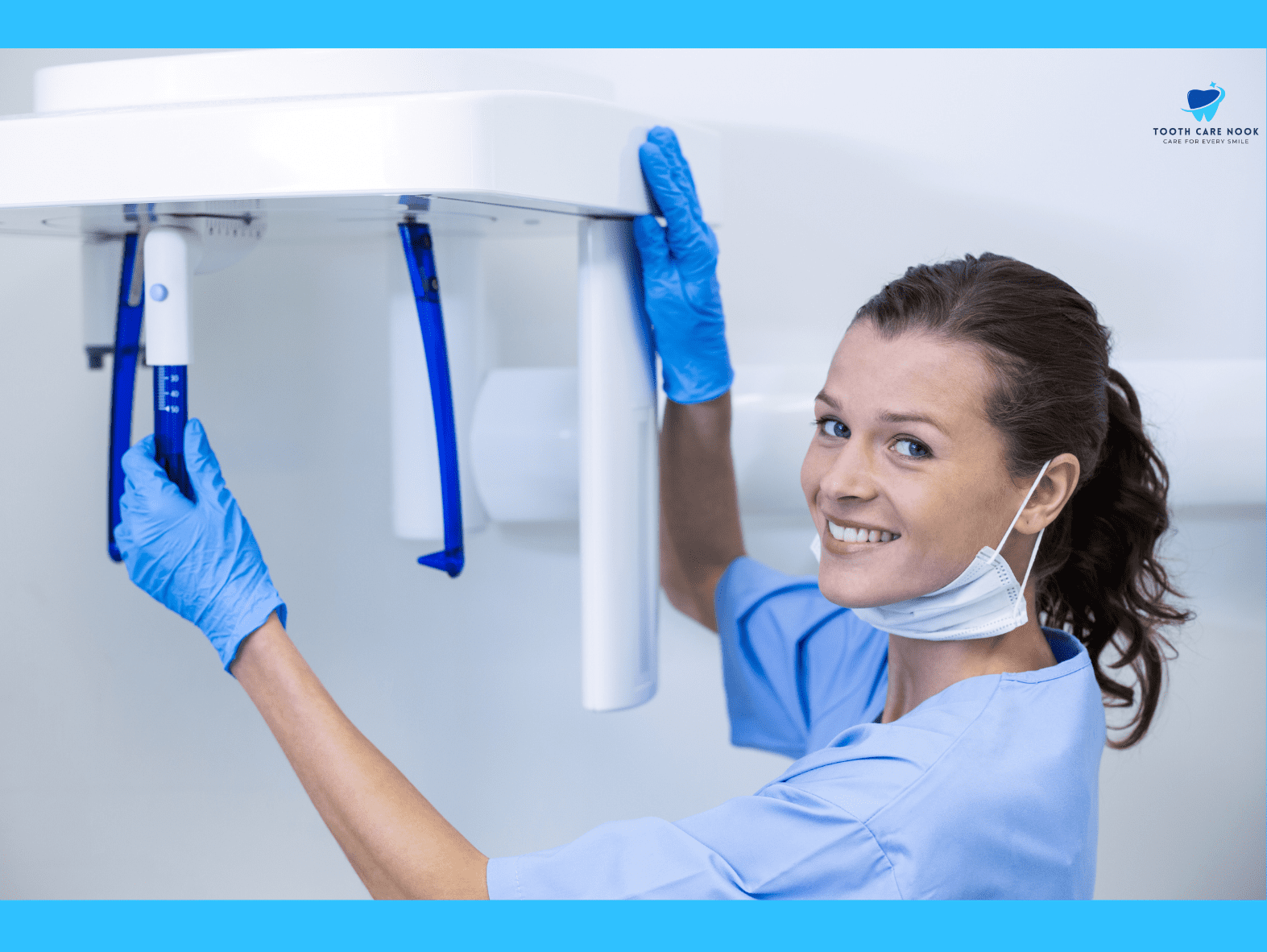How Much Do Dental Assistants Make in PA?
The average salary for dental assistants in Pennsylvania is around $21 to $25 per hour. Dental assistants earn salaries that vary based on factors such as experience, education, location, and the specific dental practice.
The dental assistant salary in PA can fluctuate with entry-level positions earning less and experienced professionals earning more. They can also receive benefits such as healthcare, retirement plans, and paid time off, which can contribute to their overall compensation package.
How Long Does it Take to Become a Dental Assistant in Pennsylvania?
The time it takes to become a dental assistant in Pennsylvania ranges from several months to a few years. It depends on the educational path chosen and individual circumstances.
Here’s a breakdown of the timelines:
Certificate or Diploma Program:
Many dental assisting programs offered by community colleges or vocational schools can be completed in about 9 to 12 months. These programs cover topics such as dental anatomy, radiography, chairside assisting, and infection control.
Associate’s Degree:
Some dental assisting programs will lead to an associate’s degree, usually taking about 2 years to complete. This option may provide a more comprehensive education and may include additional coursework in general education subjects.
Certification:
While not always required, obtaining certification as a Certified Dental Assistant (CDA) through the Dental Assisting National Board (DANB) can enhance job prospects and may be pursued after completing an accredited dental assisting program.
The process of becoming certified typically involves passing the DANB exam, which can vary in length depending on individual preparation.
On-the-Job Training:
In some cases, individuals may choose to pursue on-the-job training to become a dental assistant. While this option may not require formal education, it typically takes longer to gain the necessary skills and knowledge needed for the role.
Do You Need a Degree to Be a Dental Assistant in PA?
In Pennsylvania, a degree is not required to become a dental assistant. Most dental assistants in PA complete certificate or diploma programs, which can be obtained from community colleges, vocational schools, or dental assisting programs. While not mandatory, some individuals choose to pursue an associate’s degree in dental assisting, which may offer a more comprehensive education and potentially enhance job opportunities.
What Kind of Person Should be a Dental Assistant?
The following are some qualities that a dental assistant must have, based on industry standards and observations:
- Dental assistants must pay close attention to detail, whether it’s preparing equipment for procedures, taking X-rays, or documenting patient information accurately.
- They must be able to communicate clearly with patients, explaining procedures and aftercare instructions in a way that is easily understood.
- A compassionate dental assistant can help ease their concerns by providing emotional support and reassurance. Empathy is very important for understanding patients’ needs and making them feel comfortable during procedures.
- While formal education and training are typically provided, having a basic understanding of dental terminology and procedures can be beneficial.
- Dental assistants spend much of their day on their feet to assist with procedures and moving equipment. Good physical stamina is essential to withstand the demands of the job and ensure efficiency throughout the day.

What Are The Cons of Being a Dental Assistant?
Here are some common cons of being a dental assistant:
- Dental assistants often spend long hours on their feet, assisting with procedures, moving equipment, and maintaining sterilization protocols.
- Dealing with patients who may be anxious, in pain, or difficult to work with can be emotionally taxing.
- The career path for dental assistants may be somewhat limited compared to other healthcare professions.
- Dental offices can be fast-paced environments with potential workplace hazards, such as sharp instruments, exposure to bloodborne pathogens, and the risk of musculoskeletal injuries from repetitive tasks.
- Dental assistants may be required to work evenings, weekends, or even holidays to accommodate patient appointments. This can disrupt work-life balance and make it challenging to maintain a consistent schedule.
What Are The Pros of Being a Dental Assistant in Pennsylvania?
Here are some of the pros of a dental assistant in Pennsylvania:
- The demand for dental assistants in Pennsylvania, as in the rest of the country, remains consistently high.
- Dental assistants in Pennsylvania have the flexibility to work in various settings, including private dental offices, clinics, hospitals, and specialty practices such as orthodontics or oral surgery.
- Some dental assistants in Pennsylvania enter the field with on-the-job training or through vocational programs which make it accessible to a wide range of individuals.
- Working in the dental field allows dental assistants in Pennsylvania to build professional relationships with dentists, hygienists, dental laboratory technicians, and other healthcare professionals.

